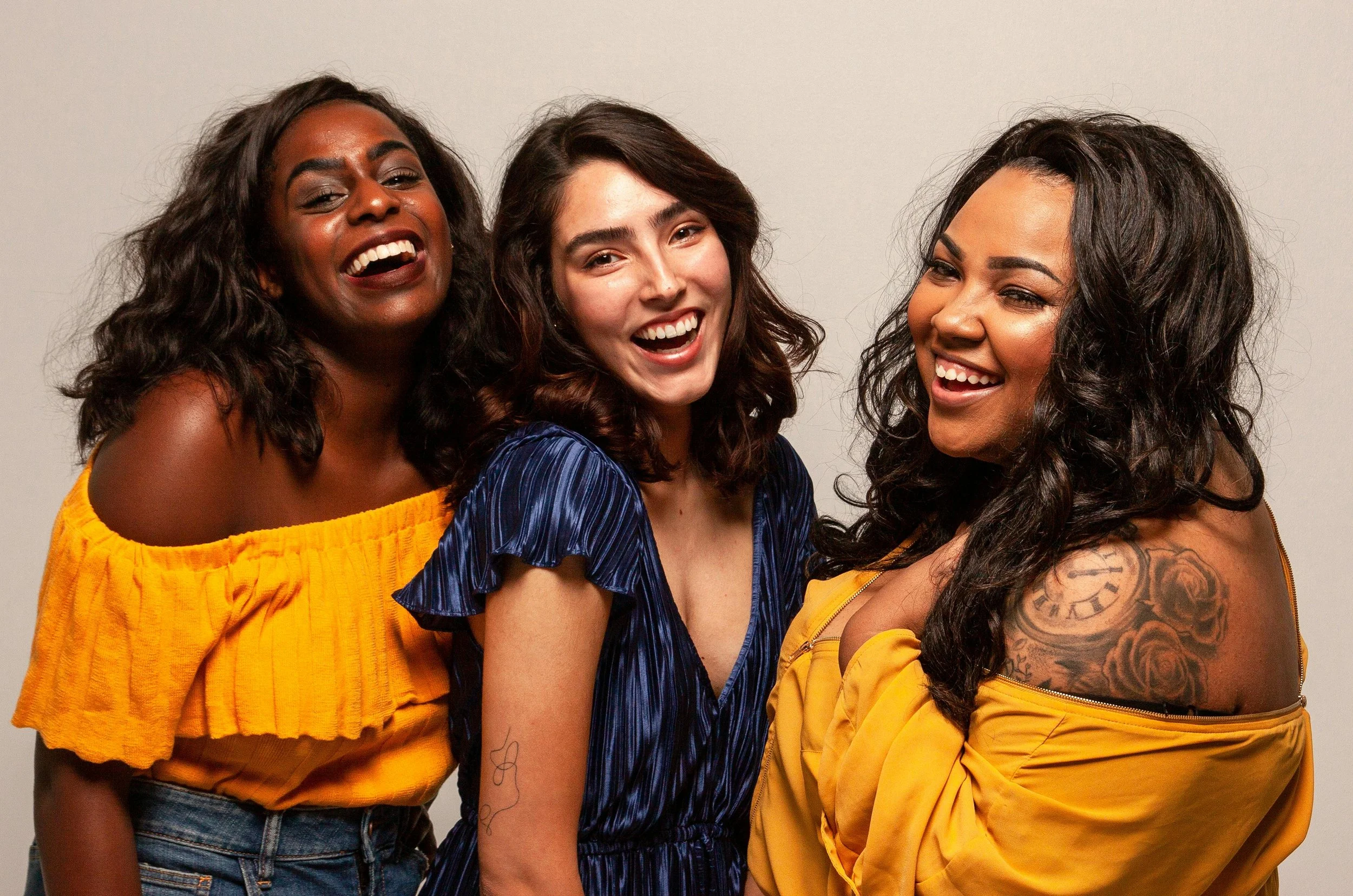Community Healing Spaces: A Black Woman Trauma Therapist's Guide to Nurturing Healing for BIPOC, LGBTQIA+, and Women After Relationship Trauma
Speaking from lived and vicarious experience, it is safe to say that healing from relationship trauma is ROUGH and it’s also one of the most empowering journeys you can embark on. For BIPOC, LGBTQIA+, and women, the path to healing often comes with unique challenges that need thoughtful, specialized, and tailored support. As a Black woman trauma therapist, I’ve seen firsthand how important it is to create spaces that truly nurture and uplift those who’ve been through THE TRENCHES. Here’s my take on how to create those community healing spaces that really make a difference.
Understanding the Unique Layers of Trauma
Relationship trauma doesn’t look the same for everyone, and that’s where intersectionality comes into play. Your race, gender identity, and sexual orientation can all impact how trauma shows up and how you heal from it. Here’s a closer look:
For BIPOC individuals: Systemic racism and cultural displacement can intensify trauma, making it harder to feel seen and understood. Healing needs to be culturally affirming, recognizing these extra layers of pressure.
For LGBTQIA+ individuals: Trauma can be tangled up with acceptance, identity, and societal stigma. A trauma-informed approach has to be sensitive to these issues and the unique relationship dynamics within the LGBTQIA+ community.
For women: Gender-based trauma often intersects with societal expectations and norms. Healing spaces should address both personal experiences and the larger systemic issues that impact women’s mental health.
Creating a Culturally Affirming and Comfortable Environment
See Them, Hear Them, Believe Them:
Start by truly seeing and validating each person’s experiences. Create a space where they feel safe sharing their stories without fear of judgment.
Use inclusive language and be mindful of cultural differences in how people express their trauma and healing.
Build Real Connections:
Building trust is EVERYTHING!! Show empathy, share your own experiences where it’s appropriate to do so, and be open to feedback on how you can tailor your approach to meet their unique needs.
Keep it authentic! Don’t present as an “all-knowing expert” and be real with yourself and clients about what your therapeutic approach offers and how it aligns (or doesn’t) with their goals.
Offer Resources That Resonate:
Share resources that speak to their cultural and personal identities, whether it’s books, community support groups, or non-traditional healing practices.
Incorporate culturally relevant practices into your sessions, like mindfulness techniques rooted in their heritage.
Holistic Healing—Mind, Body, Soul
Embrace the Whole Person:
Integrate wellness practices that cater to the mind, body, and soul. Think movement, meditation, and creative expression—whatever aligns with their passions, level of comfort, abilities, and needs.
Promote self-care strategies that resonate with their culture and help them build towards their goals.
Community is Key:
If you take anything away from this blog post, please remember this: HEALING (clap) DOESN’T (clap) HAPPEN IN (clap) ISOLATION (clap-clap). Encourage connections with community resources, support groups, and networks that offer that extra layer of support.
Create opportunities for them to connect with others who’ve walked similar paths—there’s great power in collective healing.
Empowering Them to Lead Their Own Healing
Put Them in the Driver’s Seat:
Encourage them to set their own goals (or support them in guidance towards creating ones) and make decisions about their healing process. Offer tools and strategies that empower them to take charge of their healing and recovery.
Celebrate every win, no matter how small, and remind them of their strength and capacity to heal.
Create a Safe Haven:
Your therapy space should be a sanctuary—a place where they feel safe to explore their trauma and vulnerabilities without judgment. Honor their boundaries and, of course, keep everything confidential. This also goes for mentions on social media, my therapist influencer besties out there! Allow people to share their own stories if and how they please!
Check your biases and privilege at the door. Strive to create a non-judgmental environment where they can be their most authentic selves and acknowledge cultural and lived experience differences.
Wrapping It Up
Creating healing spaces for BIPOC, LGBTQIA+, and women after relationship trauma is all about understanding and respecting their unique experiences. As a Black woman trauma therapist, I’m committed to offering support that’s effective, affirming, and deeply connected to their identities and journeys. By embracing cultural sensitivity, holistic practices, and empowerment, we can create environments where healing is not just possible—it’s inevitable.
Remember, every person’s healing journey is different. Vocab word of the day is EQUIFINALITY which basically means multiple means to an end. This means that everyone’s journey and steps towards healing can look different! For many, that may even mean that individual therapy isn’t the end-all-be-all. Approach each client with compassion, openness, and a genuine desire to support their path to wholeness. By embracing cultural sensitivity, holistic practices, and empowerment, we can foster environments where healing flourishes and individuals are nurtured towards a more balanced, fulfilling, and unbothered life.
Sending you well wishes my unbothered friends! Until next time <3 —- Meagé aka The Unbothered Therapist
Meagé Clements, Trauma Therapist, Wellness Coach and Certified Personal Trainer


